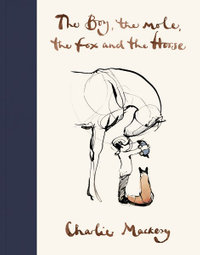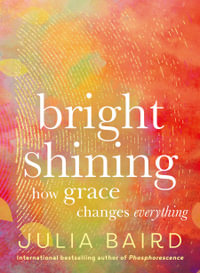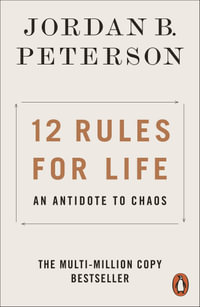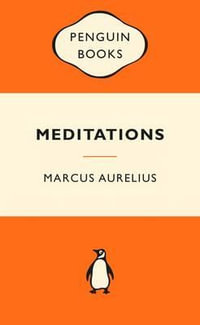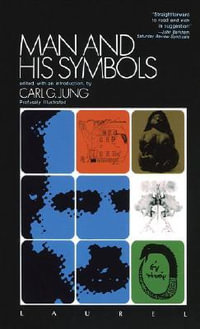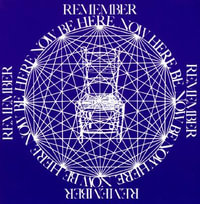The essays, collected by Berleant in this volume all express the impulse to reject the received wisdom of modern aesthetics: that art demands a mode of experience sharply different from others and unique to the aesthetic situation, and that the identity of the aesthetic lies in keeping it distinct from other kinds of human experience, such as the moral, the practical, and the social. Berleant shows, on the contrary, that the value, the insight, the force of art and the aesthetic are all enhanced and enlarged by recognizing their social and human role, and that this recognition contributes both to the significance of art and to its humanizing influence on what we like to call civilization.
Industry Reviews
'This collection is the culmination of Arnold Berleant's pioneering journey, spanning over four decades, in pursuit of an aesthetics consistently informed by our experience and firmly grounded in a phenomenological outlook. These essays issue a challenge to mainstream Western aesthetics dominated by the characterization of art as an object of disinterested attention. Our journey with these essays will reward us immeasurably by redirecting the course of aesthetic investigation and inviting us to explore heretofore uncharted domains of our aesthetic life.' Yuriko Saito, Professor of Philosophy at the Rhode Island School of Design, Providence, Rhode Island, USA 'Really worthwhile writing in aesthetics must draw upon a lively participation in the arts and appreciation of nature, together with a no less lively delight in philosophizing clearly about the aesthetic, exploring its place in human life as a whole. Arnold Berleant's love of that range of perspectives, from the highly particular to the highly abstract, comes through in his many studies in aesthetics: his readers can count on their own engagement with art-works and their own theorizing about aesthetic experience gaining in zest and assurance, both where they are persuaded by his arguments and where they resist them also also. Historically, too, Arnold Berleant's range is large. While seeing aesthetics as necessarily involved in the arts of one's own day, he reflects also on the historical emergence of the concepts through which we try---with more or less success---to grasp their distinctive nature and value.' Ronald W. Hepburn, Professor Emeritus, University of Edinburgh, UK 'This book is fine work by a truly significant and insightful philosopher. It is clearly and colorfully written, and I recommend it for anyone interested in aesthetics.' Philosophy in Review



